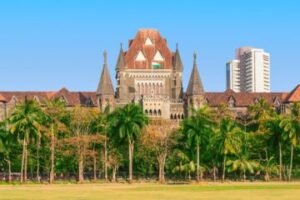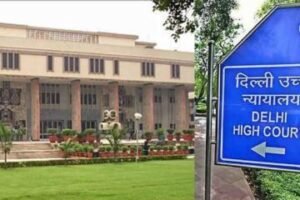Motor Accident Compensation: Claimants Entitled To ‘Future Prospects’ Even If Deceased Was Not Earning
Case: Meena Pawaia vs Ashraf Ali
Coram: Justices MR Shah and Sanjiv Khanna
Case No.: CA 6724 OF 2021
Court Observation: “Looking to the educational qualification and the family background and as observed herein above, the deceased was having a bright future studying in the 3rd year of civil engineering, we are of the opinion that the income of the deceased at least ought to have been considered at least Rs.10,000/ per month, more particularly considering the fact that the labourers/skilled labourers were getting Rs.5,000/ per month even under the Minimum Wages Act in the year 2012.”
We see no reason why the aforesaid principle may not be applied, which apply to the salaried person and/or deceased 12 self employed and/or a fixed salaried deceased, to the deceased who was not serving and/or was not having any income at the time of accident/death. In case of a deceased, who was not earning and/or not doing any job and/or self employed at the time of accident/death, as observed herein above his income is to be determined on the guesswork looking to the circumstances narrated hereinabove. Once such an amount is arrived at he shall be entitled to the addition over the future prospect/future rise in income. It cannot be disputed that the rise in cost of living would also affect such a person. As observed by this court in the case of Pranay Sethi (Supra), the determination of income while computing compensation has to include future prospects so that the method will come within the ambit and sweep of just compensation as postulated under Section 168 of the Motor Vehicles Act. In case of a deceased who had held a permanent job with inbuilt grant of annual increment and/or in case of a deceased who was on a fixed salary and /or self employed would only get the benefit of future prospects and the legal representatives of the deceased who was not serving at the relevant time as he died at a young age and was 13 studying, could not be entitled to the benefit of the future prospects for the purpose of computation of compensation would be inapposite.
Because the price rise does affect them also and there is always an incessant effort to enhance one’s income for sustenance. It is not expected that the deceased who was not serving at all, his income is likely to remain static and his income would remain stagnant. As observed in Pranay Sethi (Supra) to have the perception that he is likely to remain static and his income to remain stagnant is contrary to the fundamental concept of human attitude which always intends to live with dynamism and move and change with the time. Therefore we are of the opinion that even in case of a deceased who was not serving at the time of death and had no income at the time of death, their legal heirs shall also be entitled to future prospects by adding future rise in income as held by this court in the case of Pranay Sethi (supra) i.e. addition of 40% of the income determined on guesswork considering the educational qualification, family background etc., where the deceased was below the age of 40 years.
Merely because in the execution proceedings they might have accepted the amount as awarded by the High Court, may be as full and final settlement, it shall not take away the right of the claimants to claim just compensation and shall not preclude them from claiming the enhanced amount of compensation which they as such are held to be entitled to. As such, the Motor Vehicles Act is a benevolent Act and as observed hereinabove the claimants are entitled to just compensation. As such, the Union of India ought not to have taken such a plea/defence.
[doc id=12062]
Previous Posts
Right To Be Represented By Counsel Or Agent Of Choice In Disciplinary Proceedings Is Not Absolute: Supreme Court Download Judgement
Keywords
Motor Accident Compensation, Claimants ‘Future Prospects’, Deceased Was Not Earning




